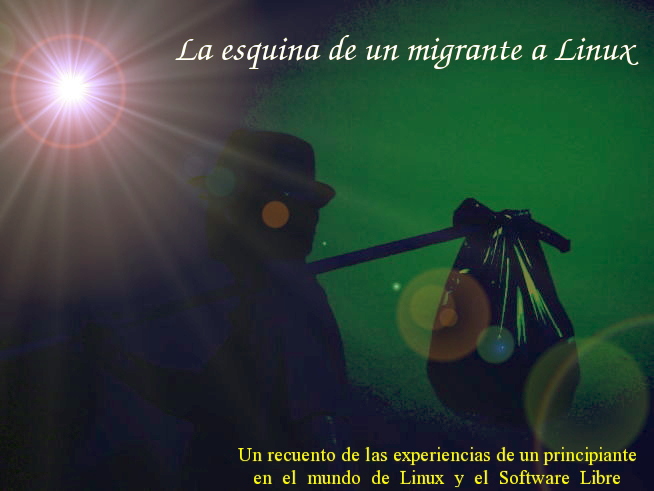Isn't it great? The company that once called Linux "a cancer" now loves open source! This is the happiest news you'll ever hear! Of course, we all can assume that from this new love relationship between Microsoft and open source, the closed, privative soon-to-be-born Windows 8 will be replaced by a free (both as in freedom and as in free-beer) open-source Windows called PENGUINDOWS.

Penguindows will come in four great editions:
1. Lovey Dovey Edition
2. Rosy Edition
3. Happy-Ever-After Edition
4. Fairytale Edition
You will be able to download it, or you can ask Microsoft for a free copy. They'll send it to you promptly if you accept the license agreement:
"Do you accept to love all human beings and use your Penguindows for the benefit of humanity without asking for anything in reward? YES NO"
Surely, Penguindows will make a new, happy world for everyone!
THANKS, MICROSOFT, FOR TAKING SUCH A HUGE STEP TOWARDS A BETTER WORLD!!! WE LOVE YOU, TOO!!! Let us all dance together with Brother Ballmer!!!
Please...don't let the shadow of doubt and critical thinking cloud such a happy moment for humanity...
Please, don't think that the same Paoli who uttered those words of love is the same Paoli who helped design the XML specification. Yes, the same that gave (and still gives) so many headaches to users of Office 2003 and older. Surely, he was thinking about interoperability when that "open" closed format was adopted and left those users clueless. After all, the new format is for the benefit of humanity! It compresses files! It makes your PowerPoint presentations substantially smaller so you can send them more easily by e-mail! That shows how much he does care for poor users without fast Internet connections...What does it matter if you have to spend hours from your slow connection to download the 27.5 Mb patch for your Office 2003 to be able to use the new format? You will be able to make smaller files after all!!!!
Please, don't think that this new love affair responds to a hidden agenda, either. Let not the crazy thought of cloud computing stain the purity of this affection. It does not matter that Microsoft leaders made the mistake of underestimating the Web when they concentrated all their efforts on desktop computers, pretty much as IBM concentrated only on mainframes during its prime years.
Don't ever think that by releasing Office 2010 and its cloud-computing features, Microsoft is trying to take hold of the market it left aside in the past. No. Forget those impure thoughts. Don't ever link that to Microsoft's new interest in Open Source. No. After all, cloud computing is deeply related to open source technologies, which enable their interoperability, but that's not the reason for Microsoft love.
Why is it that whenever pure love appears, there is always a horrible crow spreading its black wings and piercing the sky with its horrible squawking? Let's believe in LOVE!!!










